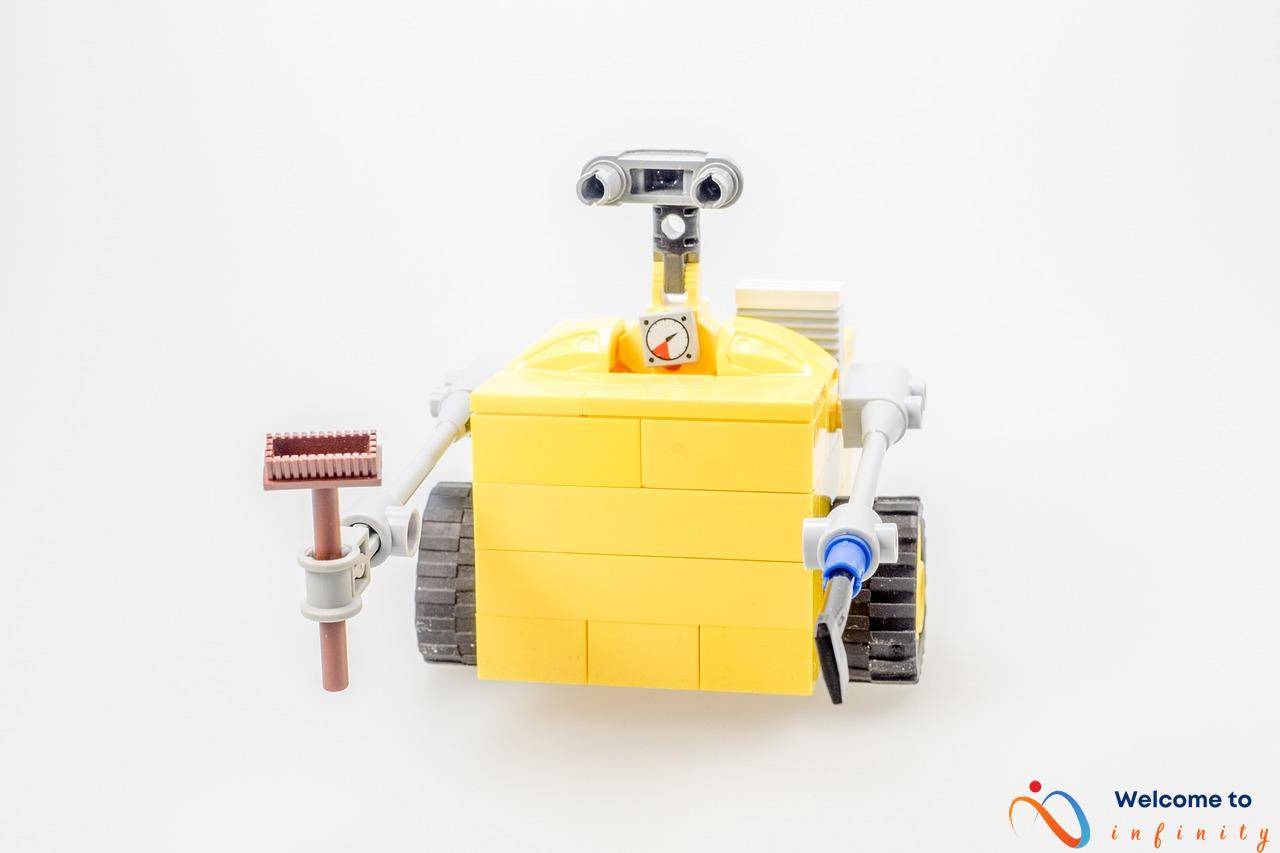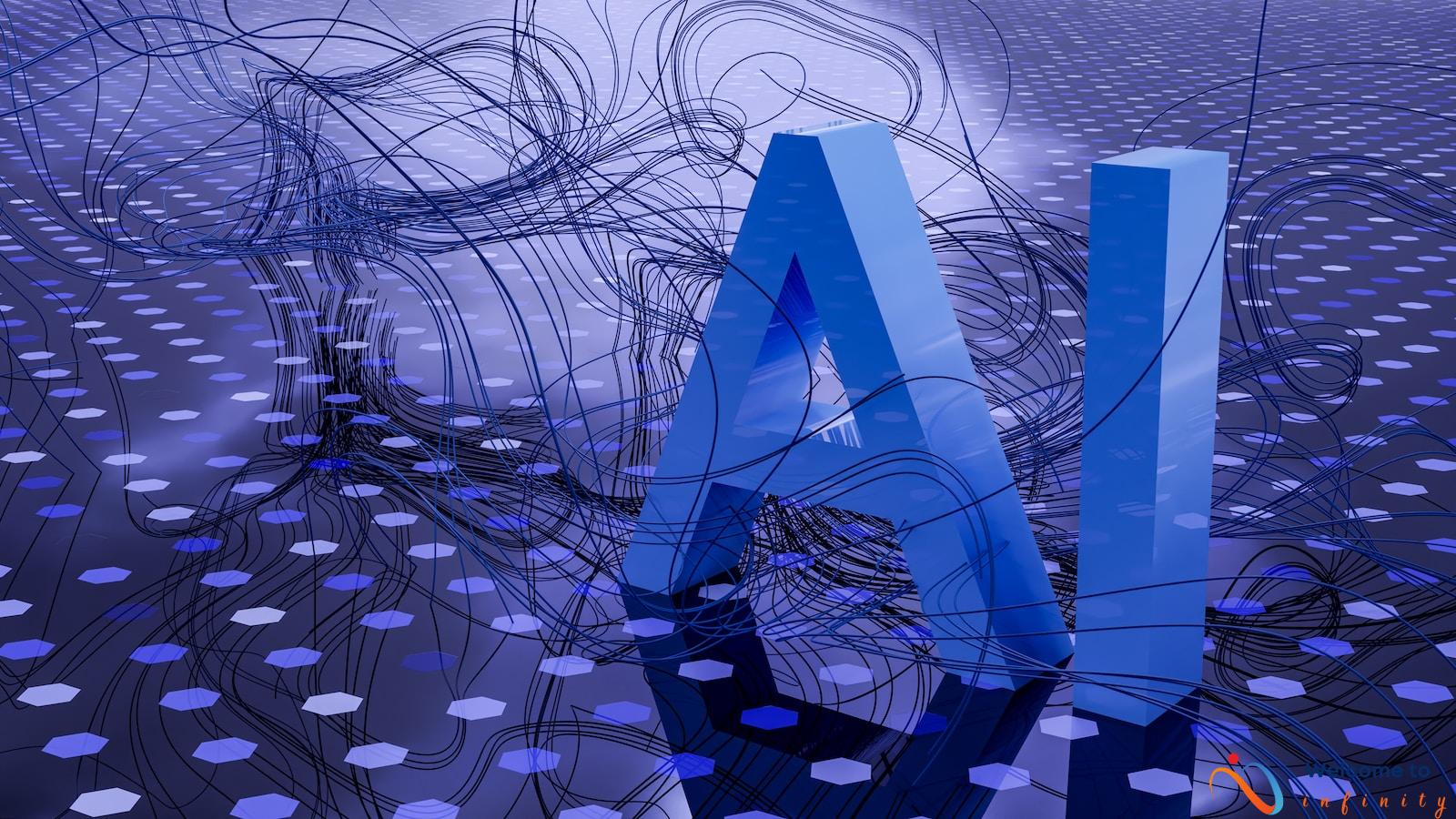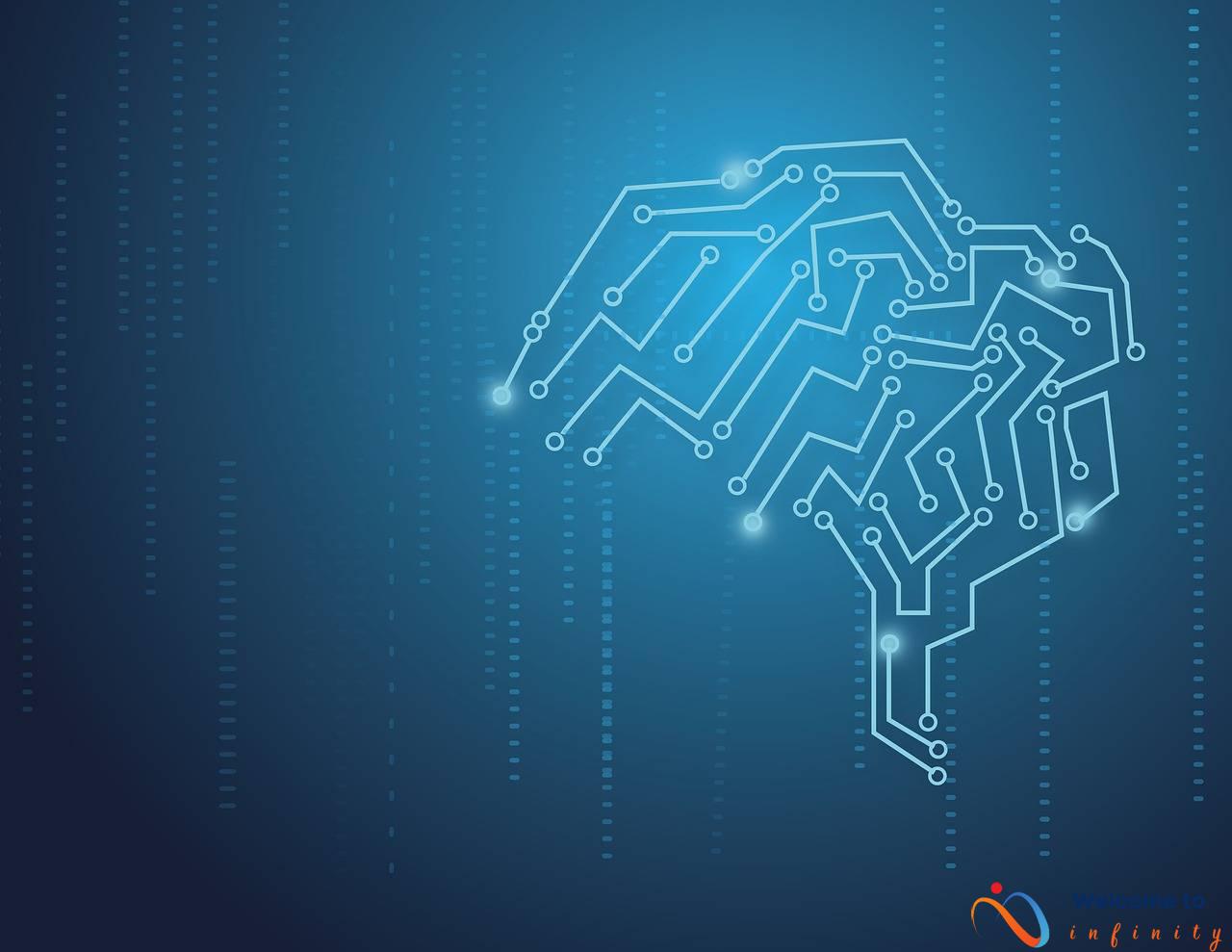Artificial intelligence (AI) is transforming the way we approach sports training and analysis. With advanced algorithms and predictive models, AI is helping coaches and athletes gain valuable insights into their performances. By analyzing data from wearable sensors, video footage, and statistical records, AI can provide a detailed picture of an athlete's strengths and weaknesses.
AI is also revolutionizing sports training methods. By analyzing vast amounts of data, coaches can develop training strategies that target specific areas for improvement. This leads to more efficient and effective training programs, which can help athletes reach their maximum potential.
The benefits of AI in sports are far-reaching. From predicting injuries to assessing player stamina, AI is transforming the way we approach sports performance analysis. AI-powered wearable devices that monitor an athlete's physiological parameters are the latest technological innovation in sports analysis. These devices provide real-time feedback on an athlete's performance, enabling coaches to optimize training programs, improve performance, and prevent injuries.
Automated video analysis powered by AI can help coaches and athletes extract valuable insights from video footage. By recognizing patterns in an athlete's performance and identifying areas of improvement, coaches can develop more effective training strategies.
The future of AI in sports is exciting and constantly evolving. As the technology advances, we can expect to see more sophisticated algorithms and predictive models that provide even more powerful insights into athlete performances. AI is transforming the sports industry, and it's clear that the sports world will never be the same again.
How AI is Revolutionizing the Sports Industry
The sports industry has been taken by storm with the introduction of artificial intelligence (AI). AI is quickly becoming an essential tool for coaches and athletes to assess their performance and make improvements. With its advanced algorithms and machine learning models, AI is providing detailed insights into player data, making the performance analysis more comfortable and more effective than ever before.
AI is revolutionizing sports training by predicting potential injuries and assessing player stamina. Machine learning models can collect vast amounts of data on players' performance and analyze them in minute detail. This enables coaches to develop custom training programs that target specific areas of interest. The use of AI also allows coaches to create more efficient training regimes, ultimately leading to better results.
AI is also responsible for making sports analysis a much simpler and more in-depth process. By gathering data from sensors and video footage, coaches can develop an in-depth understanding of player performance and derive insights that would previously have been impossible. With the help of AI, coaches can predict players' future performance, determine the factors that give the best results, and readily develop and optimize their training programs.
- AI can predict an athlete's probability of injury and take precautions to avoid them.
- The machine learning models can analyze vast amounts of data and identify patterns in a player's game.
- AI's performance analysis provides coaches with a detailed picture of a player's strengths, weaknesses, and areas that need improvement.
AI is indeed revolutionizing the sports industry with its advancements and cutting-edge technology. Coaches and athletes will be able to improve their performance in ways that were previously thought impossible. With the continued evolution of AI technology, the sports world is unlikely to be the same in the future.
The Benefits of AI in Sports Training
Sports training is an intensive and complex process that requires coaches to keep track of several factors to ensure their athletes are performing at their best. With AI in sports training, coaches now have access to a vast amount of data that can provide valuable insights into their athletes' performance. This data includes on-field statistics, training habits, injury prevention, and recovery patterns.
AI algorithms can analyze extensive amounts of data, providing coaches with the tools to devise training strategies that work. By identifying patterns in an athlete's performance, AI can help coaches create training regimes that target specific areas for improvement. The use of AI can help optimize training programs and create workout schedules that are tailored to each athlete's needs. With this personalized approach, athletes can reach their maximum potential while avoiding injuries or overtraining.
AI technology can also help coaches identify weaknesses in an athlete's performance. By analyzing data from various sources, AI algorithms can highlight areas that need extra attention, whether it's an athlete's stamina, reaction time, or muscle strength. Based on these determinations, coaches can create personalized training plans that target weak points and enhance overall performance.
Moreover, AI can help coaches monitor an athlete's progress and adjust the training program accordingly. By tracking an athlete's performance data over time, coaches can identify trends that signify potential issues or highlight promising areas of improvement. By analyzing the data, AI can create an adaptive training program that reacts according to an athlete's progress. This means that the program can adjust the workload and difficulty level based on the athlete's current ability level.
In conclusion, The utilization of AI in sports training can provide several benefits to both athletes and coaches. By using AI technology in sports training, coaches can create customized workout plans tailored to each athlete's unique requirements to ensure that they are performing at their best. This can lead to a more efficient and effective training program that helps athletes reach their maximum potential while minimizing the risks of injuries and overtraining.
The Role of AI in Performance Analysis
Artificial intelligence is transforming the way athletes and coaches approach performance analysis. By processing data from a wide variety of sources, AI algorithms can provide coaches with meaningful insights into an athlete's strengths, weaknesses, and performance potential. Here are some of the key ways that AI is enhancing performance analysis in sports:
- Wearable technology: Wearables such as smart watches and fitness trackers are becoming increasingly popular among athletes. By recording physiological data such as heart rate and steps taken, these devices provide a wealth of information that can be analyzed by AI algorithms to provide valuable insights into an athlete's performance.
- Video analysis: AI-powered video analysis software can identify patterns in an athlete's movements and provide feedback on technique, reaction time, and other aspects of performance. This allows coaches to pinpoint areas for improvement and tailor training programs accordingly.
- Statistical records: Sports generate a huge amount of data, from scores and times to detailed match statistics. AI algorithms can process this data to identify trends and patterns that can help coaches make better decisions about training and competition.
With the help of AI, coaches can take a more data-driven approach to performance analysis. By processing vast amounts of information and presenting it in an easily digestible format, AI can help coaches make informed decisions about training, tactics, and strategy.
One of the most exciting features of AI in performance analysis is its ability to predict future performance. By analyzing an athlete's past performance data, AI algorithms can make predictions about how they are likely to perform in the future. This can help coaches make better decisions about training, competition, and team selection.
Overall, AI is transforming the way athletes and coaches approach performance analysis. By providing detailed insights into performance data, AI is helping coaches make better decisions about training and competition, and helping athletes reach their full potential.
AI-Powered Wearable Devices
The use of AI-powered wearable devices has become a game-changer in sports technology. Wearable sensors can be attached to an athlete's body to monitor physiological parameters such as heart rate, oxygen saturation, and sleep patterns. This data can be analyzed to provide real-time feedback about the athlete's performance, allowing coaches to optimize training programs, improve performance, and prevent injuries.
Wearable devices equipped with advanced AI algorithms can even anticipate potential injuries by analyzing the athlete's biomechanical data. The insights generated by these devices can help coaches make informed decisions about the athlete's training and competition schedule, ensuring a proactive approach to injury prevention.
- Improved Training Efficiency: AI-powered wearable devices help coaches identify an athlete's physiological limits, allowing them to focus their training regime on specific areas that need more attention.
- Quicker Recovery Time: By monitoring an athlete's physiological data, coaches can optimize the recovery period after training and competition, which can help athletes improve their performance.
- Enhanced Performance: Wearable devices can measure the impact of various training strategies on an athlete's performance, providing data-driven insights into what works best for each athlete's unique physiology.
- Prevention of Injuries: By analyzing an athlete's physiological data, AI-powered wearable devices can identify signs of fatigue, stress, and excessive workload, which can help coaches identify potential injury risks and adjust training regimes accordingly.
The future of AI-powered wearable devices in sports technology is promising. As the technology continues to improve, we can expect to see more advanced features that will help athletes and coaches optimize their training program further to achieve peak performance, reduce injury risks, and enhance the overall performance of teams and individuals on the field.
Automated Video Analysis
With the help of AI, coaches and athletes can utilize automated video analysis to improve their performance on the field. AI algorithms can analyze hours of video footage to recognize patterns and identify areas that need improvement.
For example, through analyzing footage of a basketball player's gameplay, AI can identify areas that need improvement, such as shot selection and reactions to different plays. This information can then be used to tailor training programs to target those specific areas of weakness.
Automated video analysis can also assist in identifying and preventing injuries. By analyzing video footage of an athlete's movements, AI algorithms can recognize patterns that may lead to injuries and suggest adjustments to technique or training programs to prevent future injuries.
Overall, automated video analysis using AI is a powerful tool in identifying areas for improvement and preventing injuries. Its ability to recognize patterns and provide insights that may not be apparent to the naked eye makes it an essential component of modern sports training and analysis.
The Future of AI in Sports
The future of AI in sports is an exciting prospect. With the technology constantly evolving, coaches and athletes can expect to see even more sophisticated algorithms and machine learning models that provide even more powerful insights into player performance.
One of the most significant areas of development is predicting player injuries. By analyzing data from wearable sensors, coaches can use AI algorithms to predict when a player may be at risk of injury. This has the potential to revolutionize injury prevention in sports, ensuring that athletes stay healthy and on the field.
AI is also expected to continue enhancing training regimes. As algorithms become more sophisticated, coaches will be able to create tailor-made training programs that are optimized for individual athletes. This will enable athletes to reach their maximum potential and perform at their best.
The use of AI in sports analysis is also set to become even more prevalent. With advanced algorithms and automated video analysis, coaches and athletes will have even more powerful insights into individual performance. This will allow them to work on specific areas of improvement and gain a competitive edge in their sport.
As AI continues to revolutionize the sports industry, it's clear that the future is bright for coaches and athletes alike. With powerful insights into player performance and injury prevention, AI is set to play an increasingly important role in sports training and analysis.
Conclusion
AI has brought a paradigm shift in the sports industry by providing coaches and athletes with valuable insights into their performance. With sophisticated algorithms and advanced machine learning models, coaches can now optimize their training regimes and devise strategies that work. By analyzing player data, AI has made it possible to predict performance accurately, leading to better decision-making in competitions. From monitoring players' physiological parameters to identifying areas for improvement, AI has significantly changed the way we approach sports training and analysis.
It's clear that AI will continue to play a crucial role in the sports industry as the technology advances further. We can expect to see more sophisticated algorithms in the future, providing even more powerful insights into athletes' performance. The rise of AI-powered wearable devices and automated video analysis has made it easier for coaches to identify and work on specific areas for improvement.
As the sports industry continues to embrace AI, it's clear that the future holds exciting things. We can expect to see new innovations that improve player safety, enhance performance, and provide even more data-driven insights. From predicting player injuries to analyzing video footage, AI is transforming the way we approach sports. With AI-enabled sports technology, the sports world will never be the same again.











